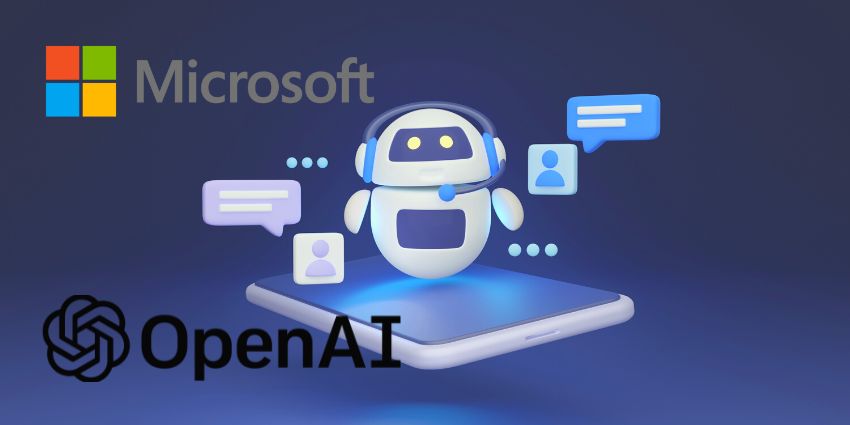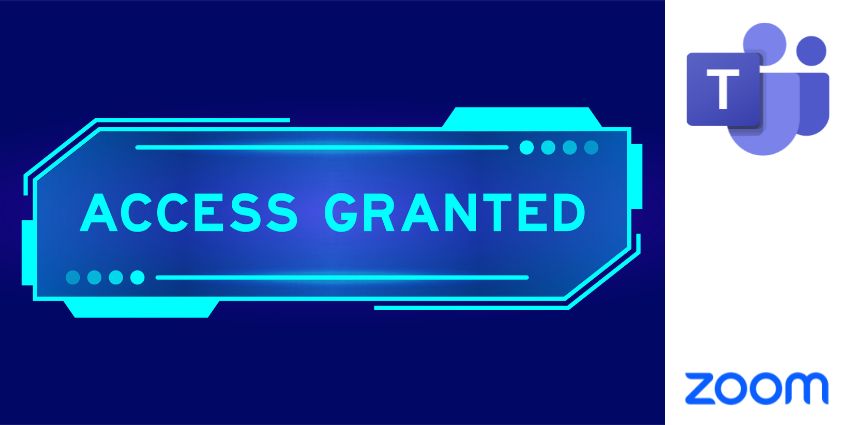US tech firm Microsoft is to make a significant claim on the hottest technology in the industry by staking $10 billion on startup OpenAI, according to several internet news reports.
OpenAI is the parent company behind AI services provider ChatGPT, the much-touted and acclaimed language model optimiser.
Microsoft already put big money into OpenAI in 2019, investing $1 billion with the small San Francisco-based firm and reportedly adding another $2 billion over the following two years.
As for the rest of the reported investment share: 49% has been split between other investors, while OpenAI parent took 2%.
- UC Round Table: Microsoft Teams in the Hybrid Workplace
- ‘Microsoft Looking to Settle with the EU’ Over Teams Complaint
- Video Conferencing: EPOS and Microsoft Teams Pair Up in Pitch-Perfect Harmony
Aside from Microsoft’s input, non-profit OpenAI has raised $1B in seed funding over six rounds. Its latest funding was introduced on Jan 12, 2023. OpenAI has reportedly raised a massive $29 billion valuation in funds and permitted early investors to cash out. Other noted investors for OpenAI are Bedrock Capital and Adam Juegos.
The Importance of Being First with AI
The importance of the stake for Microsoft cannot be overstated, as the repercussions on search engines like Google and voice assistants like Siri and Alexa look set to be revolutionised. It also means it could catch up with Google, Apple and Amazon regarding tech-led commerce.
AI advances would set things up for Microsoft with its waiting range of products and services, integrated platforms like Teams and Viva, and back-end developer and admin tools like Power Platform.
Excitement in the UC and Tech Industries
Most of the C-suite executives interviewed for UC Today’s upcoming UC Summit have cited AI, particularly ChatGPT, as an exciting breakthrough to watch, with many looking to develop and learn how the new tech will affect the UC and collaboration space.
There is already a race for the AI technology as many organisations and companies (and nations!) look to be the first mover and thus have a major influence over the next versions of the internet. The Redmond-based firm has already introduced AI into many of its apps and services and used its DALL-E 2 model for Microsoft Designer, as Office Today reported in November, set to be generally available in 2023 and likely to revolutionise the way graphic artists execute their work.
A conversational chatbot would most likely be integrated into classic apps like Word, Excel and Outlook. Microsoft CEO Satya Nadella spoke about its AI investment and development at Ignite in October and stated:
“We are committed to making the promise of AI real for you and doing this responsibly. We’ve built the next-generation supercomputers in Azure that are being used by us, OpenAI, and customers like Meta to train some of the largest, most powerful AI models.”
The OpenAI investment signals a bid not only for cutting-edge technology but also for revenue streams attached to various tools and apps currently using AI. Software related to the family of Microsoft 365 products using AI also includes:
- Azure: currently using cloud and metaverse AI models
- Graph Data Connect: helping developers access archives of data via Azure
- Power Platform: together with an AI builder, means admins do not need to know so much code
- Syntex: a learning search engine to help find company documents and assets
- Surface: Microsoft’s hardware range Surface Pro 9, Surface Laptop 5, and Surface Studio 2+ all come with AI-integration
- Editor: helping with language tone and summaries
Microsoft Acquire Fungible for Data Centres
On Monday, Microsoft also announced the acquisition of Fungible to “accelerate data centre innovation”. Fungible is a provider of both software and hardware to make ‘composable infrastructure’ to assist data centres with high-efficiency and low-power DPUs (data processing units).
Girish Bablani, Corporate Vice President, Azure Core, stated: “Fungible’s technologies help enable high-performance, scalable, disaggregated, scaled-out data centre infrastructure with reliability and security.
“The Fungible team will join Microsoft’s data centre infrastructure engineering teams and will focus on delivering multiple DPU solutions, network innovation and hardware systems advancements.”
Invented in 2016, the Fungible DPU addresses problems with scale out data centres and dealing with computations of data for server nodes.
Bablani concluded: “Today’s announcement further signals Microsoft’s commitment to long-term differentiated investments in our data centre infrastructure, which enhances our broad range of technologies and offerings, including offloading, improving latency, increasing data centre server density, optimising energy efficiency and reducing costs.”







